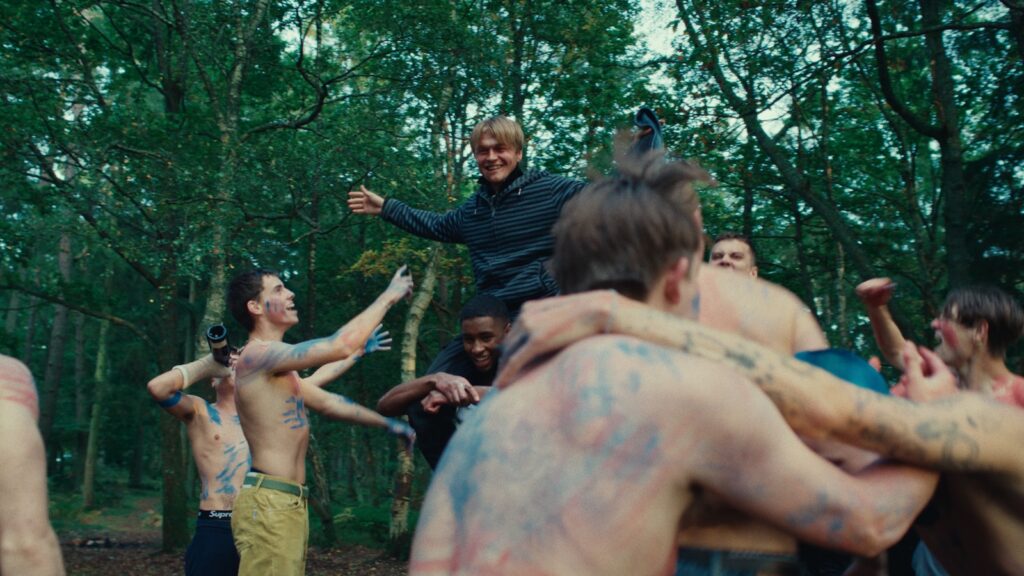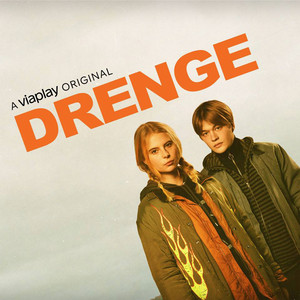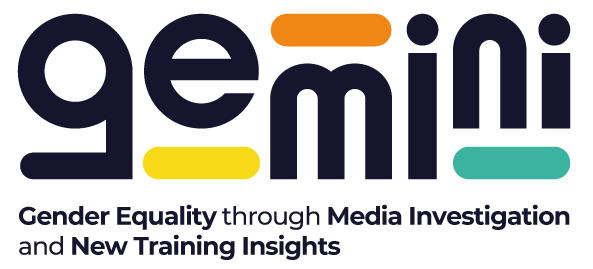Boys – The Consequences of Toxic Masculinity
A Student Video Essay by Martine Thaarup Christiansen
By Kim Toft Hansen, May 30 2025
As part of GEMINI’s mission to integrate student perspectives into academic research, we are proud to feature Boys – The Consequences of Toxic Masculinity, a video essay by Martine Thaarup Christiansen, a BA student at Aalborg University. The essay was selected as a finalist in AAUGUSTA 2025, the annual award for the best student video essay at the Institute for Culture and Learning.
The video essay was produced as part of the media studies component of the Danish degree programme at Aalborg University, where second-year BA students create video essays as part of their coursework. Each year, five of these essays are nominated for the AAUGUSTA award, and Martine’s work was among this year’s finalists.
In her essay, Martine offers a compelling analysis of the Danish TV series Drenge (Boys), directed by Jonas Risvig. The series explores the emotional lives of young men as they navigate friendship, identity, and societal expectations. Martine’s interpretation focuses on how the show portrays toxic masculinity and the consequences of emotional repression, peer pressure, and rigid gender norms.
A key theme in both the series and the video essay is the role of paternal relationships in shaping young men’s understanding of masculinity. Martine examines how absent or emotionally distant father figures contribute to cycles of silence, shame, and emotional isolation.




Her work exemplifies GEMINI’s commitment to amplifying student voices and promoting inclusive, media-based approaches to gender research. By showcasing student-produced content, GEMINI not only values creative academic expression but also encourages critical engagement with popular media as a tool for social reflection.
GEMINI (Gender Equality through Media Investigation and New Training Insights) is a European research initiative under the EU-CERV programme (2023–2025), exploring how serial dramas can foster dialogue about gender representation among youth and educators across Europe.Martine’s video essay is a powerful example of how student-led inquiry can enrich academic research and contribute to broader conversations about gender, identity, and media.


